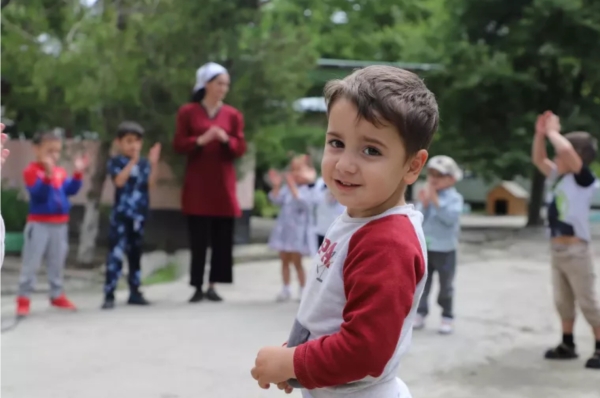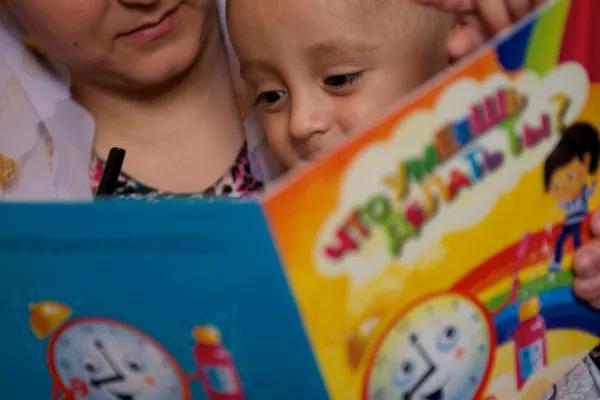Tajikistan has become the 67th country to ban corporal punishment of children. The legislation, which came into effect in June this year, prohibits all forms of violent discipline in homes and schools, affecting the country’s 4mn children.

UNICEF has applauded the move, highlighting its importance in safeguarding children’s rights and well-being.
“These new policy changes represent a remarkable advancement in child protection in Tajikistan and demonstrate the government’s strong commitment to respecting the dignity and physical integrity of children,” said Arthur van Diesen, UNICEF Representative for Tajikistan.
He emphasized that while the legislation is a crucial step forward, continued efforts are necessary to ensure its effective implementation and positive impact on every child’s life.
Globally, physical punishment affects approximately 330mn children, with severe repercussions for their health, development, and emotional well-being. It can disrupt brain and nervous system development, leading to long-term behavioral and mental health issues. The economic cost of violence against children is estimated at $7 trillion annually, or about 8% of global GDP.

The new law in Tajikistan sets a framework for children to seek protection from violence and serves as a critical measure to raise awareness about the harms of corporal punishment. Evidence from other countries that have implemented similar bans, such as Romania, Kenya, Japan, and Germany, shows a significant decline in the use of physical punishment following the introduction of legal bans.
Tajikistan’s dedication to improving child welfare is further demonstrated by its active participation in the upcoming Global Ministerial Conference on Ending Violence Against Children, scheduled for November 7-8, 2024, in Bogota, Colombia. This commitment aligns with the goals of the Convention on the Rights of the Child and the Sustainable Development Goals (SDGs), which call for an end to all forms of violence and abuse against children by 2030.
To support this legislative change, it is crucial to enhance parental support programs that promote positive caregiving and reduce family violence. These programs focus on non-violent discipline, strong parent-child relationships, and the mental health of both children and parents.
UNICEF remains committed to working with the government of Tajikistan and other partners to uphold the new legislation and ensure that every child is protected from violence.




